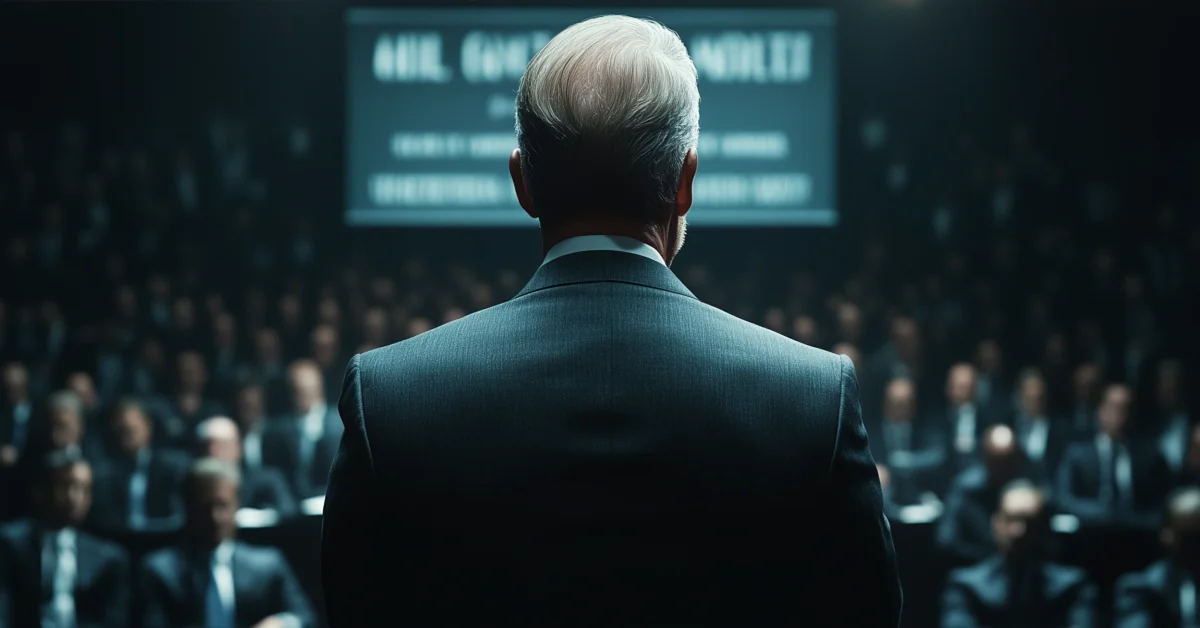
The Illusion of Competitive Moats in 2025
Short-term wins are for tourists. Learn why the real players think in decades, not quarters, and how long-term strategy separates the empire builders from the tourists.
Introduction
If you’re still measuring success by quarterly earnings, you’re already losing. True power players think in decades. They aren’t chasing headlines or incremental gains—they’re planting flags for the future. Short-termism is the addiction of the insecure. Long-term strategy? That’s how you build an empire.
The Tyranny of the Quarter
Corporate culture is hooked on quarterly reporting. It promises clarity and discipline, but often delivers the opposite—short-term thinking masked as strategy. Each quarter becomes a finish line, encouraging leaders to optimize for optics, not outcomes.
Immediate feedback feels reassuring, but it’s a psychological trap. When decisions are judged every ninety days, patience erodes. Strategy devolves into a series of reactive moves rather than a deliberate march toward durable advantage. The tyranny of the quarter creates executives who play not to lose, rather than leaders who play to win over decades.
Empire Builders Think in Decades
Empire builders resist the lure of quarterly noise. Consider Jeff Bezos, who insisted Amazon would prioritize customer obsession over short-term profits. Investors were skeptical; headlines were brutal. But decades later, Amazon became an ecosystem, not just a retailer.
Warren Buffett’s Berkshire Hathaway offers a similar lesson. Buffett famously avoids quarterly earnings guidance altogether, freeing him to allocate capital on a timescale that most public companies can’t afford. His most lucrative investments—Coca-Cola, American Express—were not instant wins but decade-long bets that compounded quietly over time.
They succeeded precisely because they refused to be rushed.
Why Short-Termism Feels Safer (But Isn’t)
Short-termism seduces because it feels manageable. Leaders believe they can control the narrative, meet expectations, and appease investors. But this is an illusion. Managing to the quarter may placate today’s shareholders, but it quietly erodes tomorrow’s advantage.
The real risk isn’t missing a quarterly earnings target. It’s death by a thousand short-term cuts: underinvestment in innovation, a culture addicted to immediacy, a brand that fades from relevance. What feels safe is often terminal.
Decade Thinking: The Ultimate Strategic Advantage
Thinking in decades unlocks advantages that quarterly minds never access. Compounding—financial, reputational, strategic—only works on a long enough timeline. A single wise bet may look unimpressive year one, but unstoppable by year ten.
Trust and brand equity—two of the most durable competitive moats—are never built in quarters. They require the slow accrual of credibility, consistency, and resilience. When you think in decades, you stop reacting and start positioning.
How to Shift to Decade Thinking (Without Losing Today)
Shifting to decade thinking doesn’t mean ignoring today. It requires dual-track leadership: defending the present while building the future.
This begins by aligning incentives with long-term outcomes. Bonuses tied to stock price movements can be replaced with metrics around customer lifetime value, strategic market position, and innovation velocity. Leadership must be ruthless about rewarding patience and foresight, not quarterly optics.
In practice, this looks like investing in products that may not pay off for years, resisting the temptation to follow trends for immediate applause, and holding a clear strategic identity even when the market demands conformity.
Signals You’re Playing the Wrong Game
There are tells that you’re trapped in the wrong game. Obsession with daily stock price movements. Prioritizing investor calls over customer calls. Valuing media mentions more than operational excellence. These are signs of a strategy hijacked by immediacy.
Another signal: decision-making driven by optics. Launches designed for headlines, not durability. Cost-cutting to hit quarterly numbers at the expense of long-term capability. These moves may impress in the short term, but they erode the foundation over time.
The Payoff: Legacy Over Vanity
The ultimate flex isn’t a quarterly earnings beat—it’s being relevant, valuable, and respected in 2045. Legacy is built slowly, quietly, and deliberately. It’s the outcome of resisting the urgent in favor of the important.
Decade thinkers are often underestimated in the short run. They aren’t the loudest or the fastest. But they are the ones still standing, compounding, and leading when the noise fades. They understand the game is not won in quarters. It’s won in decades.
Impact
Short-term wins are for tourists. Empire builders think in decades. They play the long game, not for immediate praise, but for enduring relevance.
In a world addicted to immediacy, the quiet discipline of long-term strategy remains the ultimate competitive advantage.



